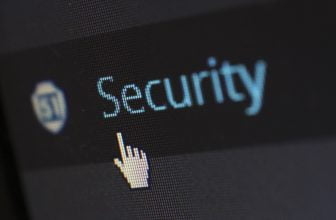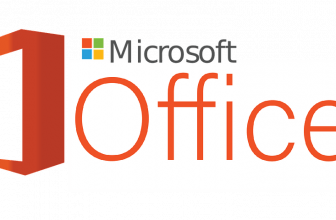The Best Security Tips For Your Laptop

The rise of digital technology has made cyber security a popular industry. The number of cyber related crimes is growing with every dawn, with most of these attacks launched to access sensitive data such as credit card details, personal identification information, and classified information.
Cybercrime and the resulting data breaches can affect anyone. One of the ways of protecting yourself from hackers is by knowing how to secure your digital devices. Here is a look at basic ways of keeping your laptop secure.
Security Tips
Password Management
The first step to securing your laptop is to prevent unauthorized assess by having a login password. The password should be difficult to guess. It is recommended that you use a long password that combines different characters. For additional security, you can add a password for your screen saver. This ensures that no one will sneak in when you leave your laptop unattended for long.
Be Wary of Phishing Scams
A phishing attack is one way hackers use to trick people into surrendering sensitive information like passwords, usernames, social security numbers, bank account information, and credit card data. Cyber criminals send out scam emails that seem to be from trusted sources such as eBay or PayPal. The aim of the hacker is to get you to click on the links in the emails, after which you will be redirected to fraudulent sites that require you to enter personal information or that spread malware to your devices. You should also not open suspicious attachments as these will install malware on your device.
Update Your Software
One way of protecting your laptop from malware or viruses is by using an anti-virus program. Ensure your anti-virus program has the latest virus definitions. For additional security, you need to set browsers such as Firefox and Chrome on auto-update mode. Your operating system and all applications should be on auto-update mode to ensure you get the latest security patches.
Backup Your Data
During a data breach, you are likely to lose all your valuable information, especially if your laptop has been infected with a Trojan or virus. Backing up data does not only protect your data in case of ransomware attacks, but it is also important in cases where your laptop might have been stolen. If you do not have a large enough hard drive to backup information, you can store your information on a cloud server.
Use a VPN Service
When using a public Wi-Fi or wireless hot spot, it is advisable to use a VPN service. A virtual private network secures the traffic between you and the VPN server to prevent other people on the same network from tracking your activities. However, be wary of VPN services that keep logs that identify users on their network. To be on the safe side, research extensively when choosing a VPN service and go for one that has positive reviews and a proven track record.
Protect Sensitive Information
You need to be careful with any sensitive information you may come across and the associated restrictions. It is advisable to keep private data like your credit card information, SSN’s, health information, and student records off your laptop. Delete sensitive files from your laptop when you no longer need them. If you must store private data on your laptop, encrypt the files. Also, when sending sensitive information, encrypt the data to avoid security leaks. A general way of securing your information is by encrypting the entire drive on your laptop. Encrypting your hard drive prevents hackers from transferring information from your laptop.
Use Location Finding
Many people tie their laptops to a Kensington table to keep them from being stolen. Mobile phones have trackers that allow you to find the exact location of a stolen phone. It may be helpful to use a location finding service in case you lose your laptop. However, finding the location of your laptop may present a privacy risk because these services are able to track you.
Privacy Screen
There is nothing as irritating as being anxious when keying in sensitive information on your laptop at a public place. It is likely that someone may pick up a password or some sensitive information by just glancing at your screen. To protect yourself from shoulder surfing attacks at the library, coffee shop, or some other public place, use a privacy screen. A privacy screen limits the viewing angles and prevents prying eyes from capturing your private information.
Conclusion
Many people usually overlook safe practices when it comes to keeping their laptops secure. However, hackers do not target big corporations or government entities alone; you may fall prey just by being careless with your laptop. The following tips can help you protect your private information and keep your laptop secure.






